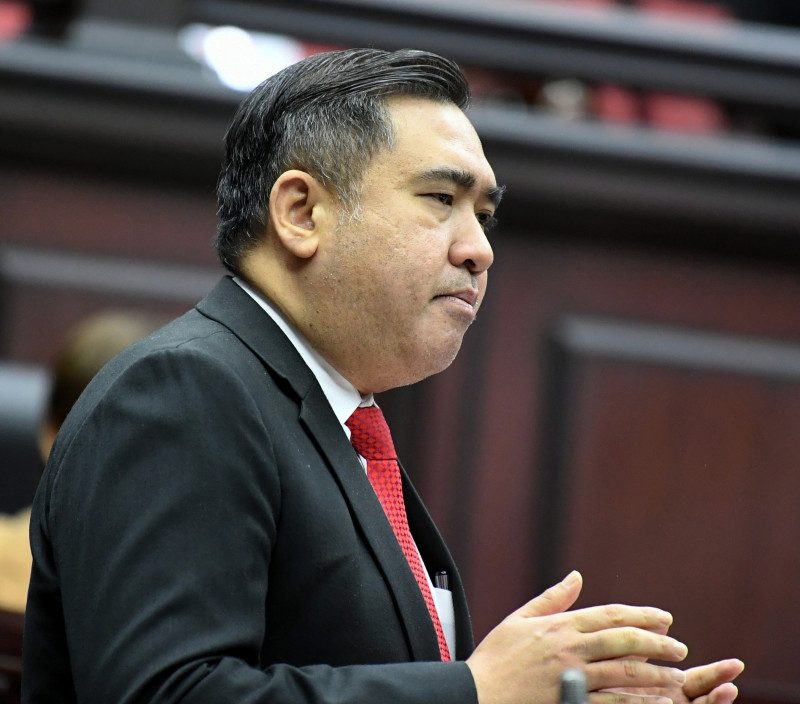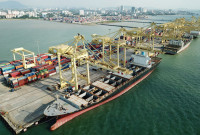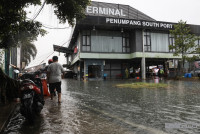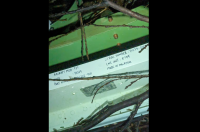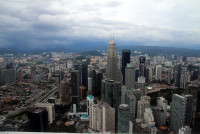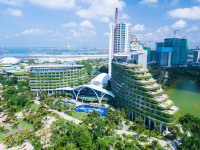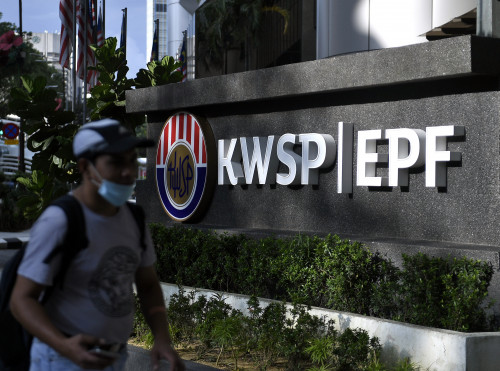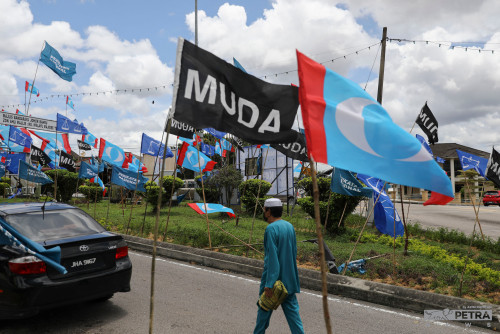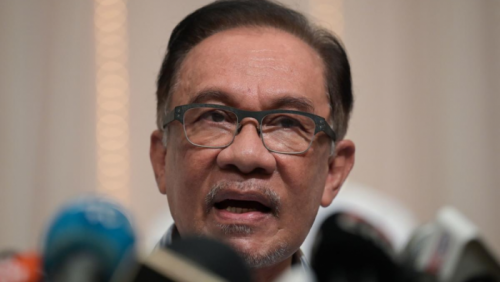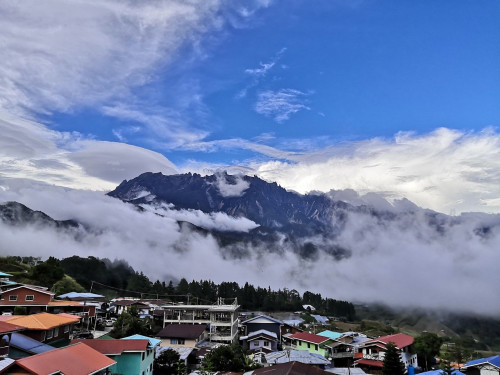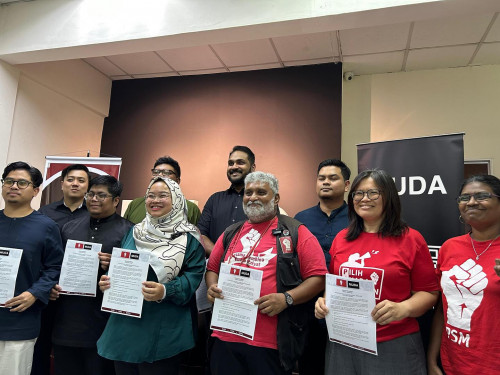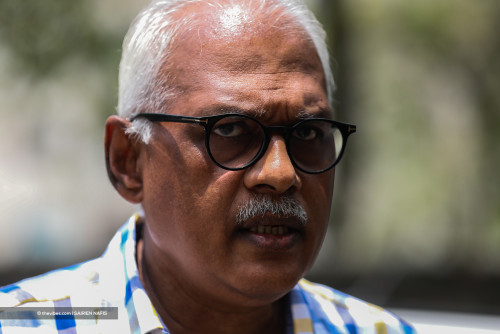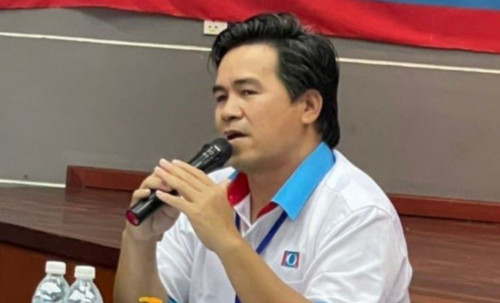KUALA LUMPUR – Former transport minister Anthony Loke today questioned his successor Datuk Seri Wee Ka Siong if a unilateral decision was made to cancel the cabotage exemption on underwater cable repairs gazetted four days ago.
During his Budget 2021 debate speech, Loke (PH-Seremban) said he had approved the cabotage exemption during his tenure in March last year in light of the needs and demands of the telecommunications industry.
“I would like to ask the Transport Ministry what its considerations were when cancelling the cabotage exemption policy for cable repairing works starting November 13, 2020, which was gazetted in PU (B) 592 recently,” he said.
“Did it take into consideration the requests from the telecommunications and local internet industry? Is Malaysia giving priority to developing the internet industry in the era of IR4.0?
“Why did the Transport Ministry seemingly make a unilateral decision without taking into consideration the explanation and requests from the Communications and Multimedia Ministry, Science, Technology and Innovation Ministry, International Trade and Industry Ministry, and other ministries?
“Why did the transport minister (Wee) make such an important policy decision quietly, without any public statement explaining to all stakeholders why the ministry made a U-turn from the cabotage exemption in 2019, which was well received by the industry?”
The cabotage laws include restrictions such as the need to fly the national flag of a country, to have local crews, and to impose caps on foreign ownership for vessels for these vessels to be allowed to engage in any form of economic activity within territorial waters, including repairing submarine cables.
However, Loke said these requirements add additional layers of operational considerations which could discourage foreign submarine cable investors, due to potentially higher operating expenditure and loss of quality control in local territorial waters.
He added that in early 2019, he had received requests from many government-linked companies to make it easier for foreign vessels involved in repairing underwater cables to obtain domestic shipping licenses.
Loke said these requirements hinder Malaysia’s aspirations to develop data centres or attract big data foreign investors, even though the nation has the potential to outstrip Singapore due to land mass and other resources.
He said there are less than 60 ships globally with the capacity to make such repairs and none of them are flying the Malaysian flag, while KKMM and Telekom Malaysia have acknowledged that no Malaysian vessels are qualified to repair their cables.
As such, it takes at least a month whenever underwater cables are damaged before repair works can begin, due to the cabotage laws and the bureaucratic process in obtaining and requesting licenses.
“According to a report published by the International Cable Protection Committee in 2016, Malaysia’s performance in repairing cables in its waters is extremely unsatisfying with an average lead time of 20 days.
“Whenever a cable is damaged, telecommunication and internet service between Malaysia and certain countries are affected – the internet speed is disrupted and bandwidth shrinks.
“However, many incidents where cables are damaged cannot be avoided but repair times can be sped up if the specialist contractors have the license and permits can be issued quickly,” said Loke.
He said the exemption had shortened the bureaucratic time frame to at least 14 days compared with the previous process.
Loke added that by the end of 2019, a few international tech companies had decided to invest billions of ringgit to develop a new data centre and cable lines in Malaysia. – The Vibes, November 17, 2020



